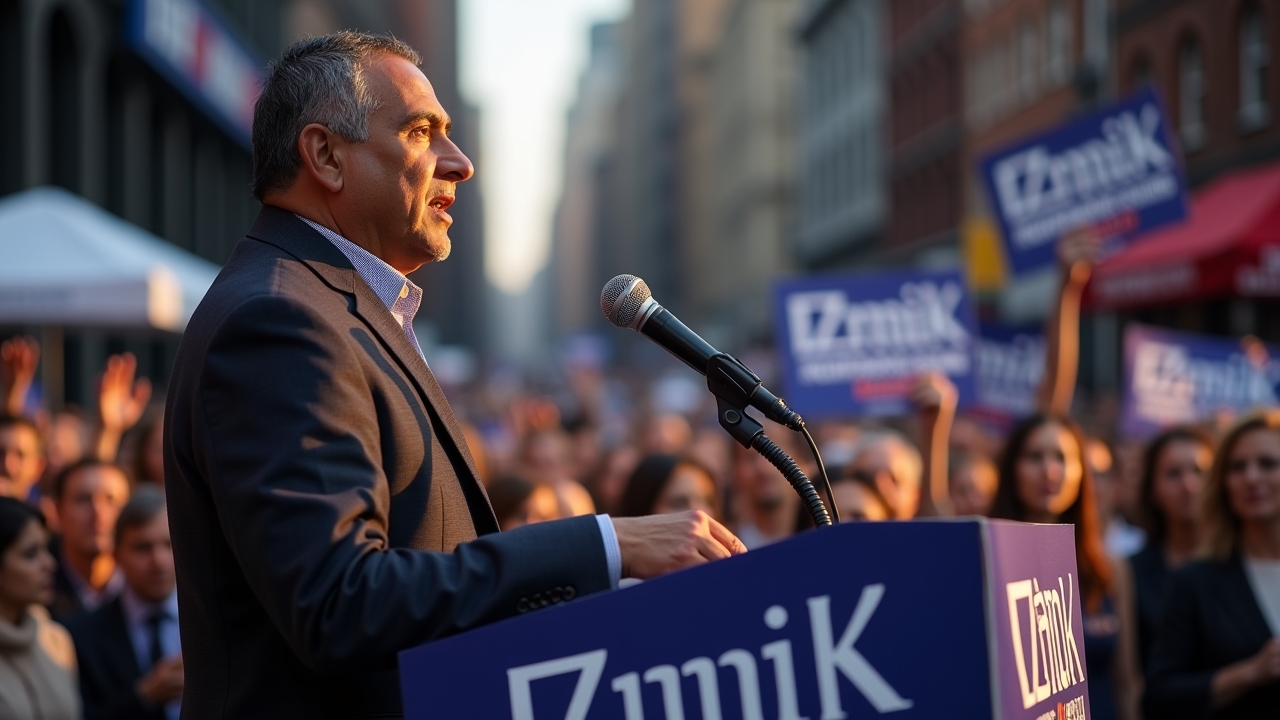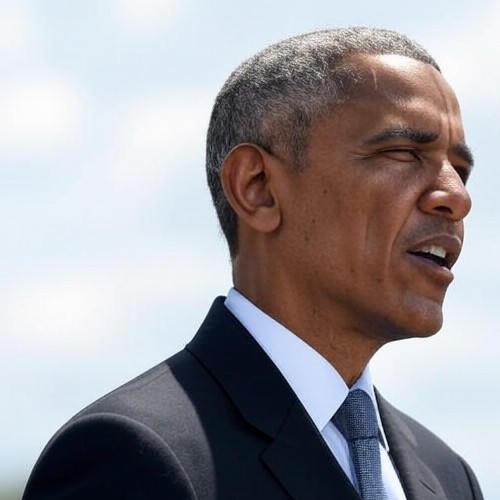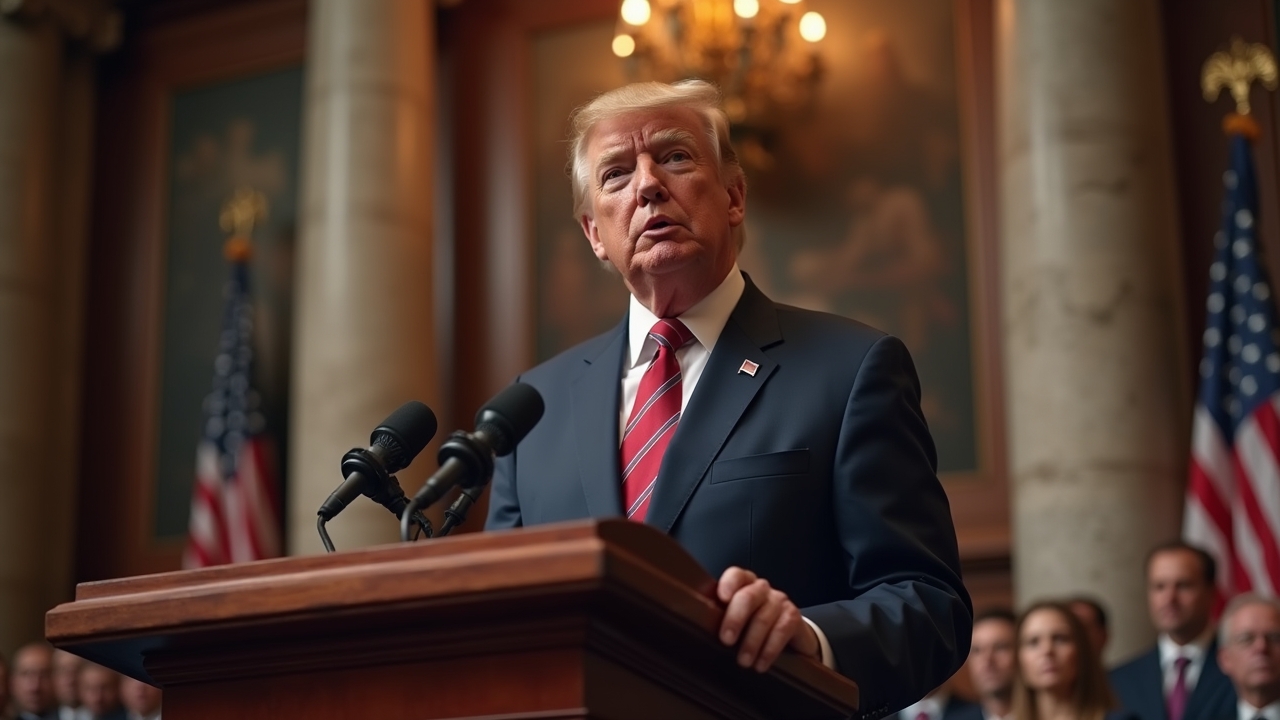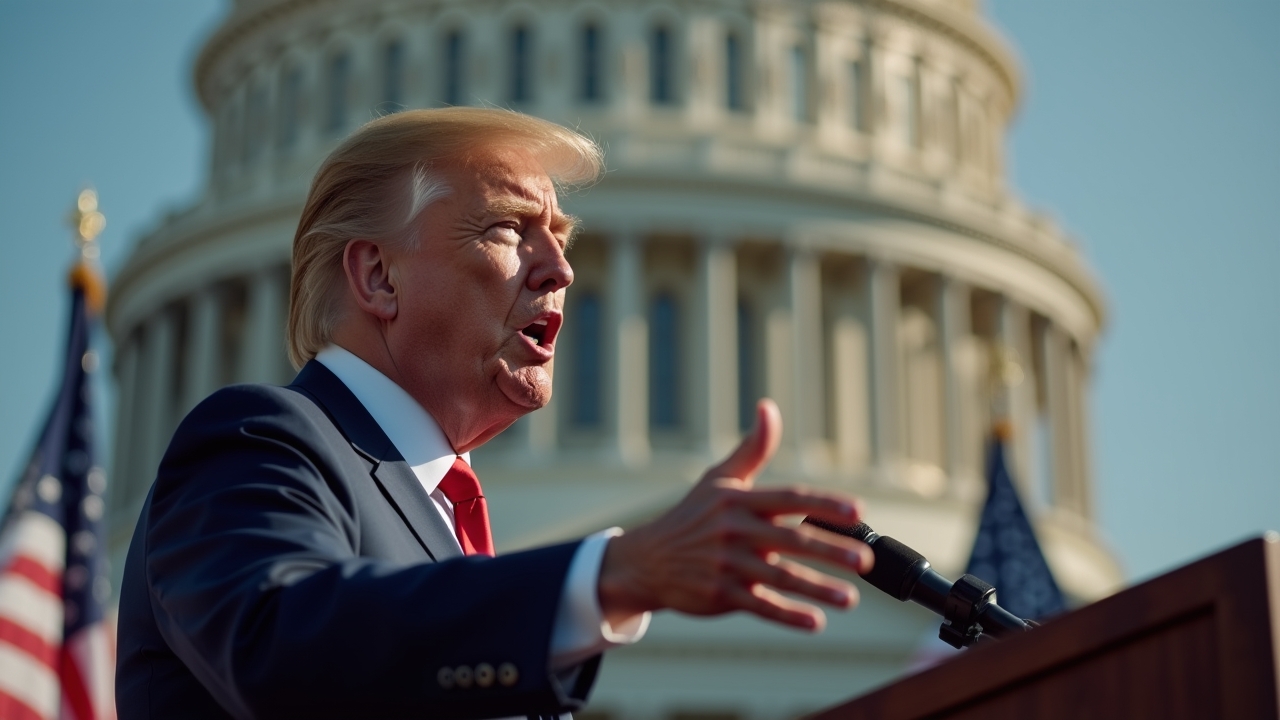PROTECT YOUR DNA WITH QUANTUM TECHNOLOGY
Orgo-Life the new way to the future Advertising by AdpathwayAnalysis of Portland’s Independence Day Flag Burning Incident
Recent events in Portland surrounding the flag-burning incident on July 4th illustrate the cultural and political battles taking place in American society. The escalation of tensions, especially when two ideologically opposed groups clashed, reflects broader grievances about national identity and the representation of minority rights in civic spaces.
Initially, left-leaning activists set the tone by burning American flags while protesting what they described as colonialism and an imperialist legacy. Eyewitness reports captured the fervent atmosphere, with protesters chanting slogans that expressed their discontent. In response, conservative demonstrators took to the streets to burn an LGBT Pride flag, signaling a clear counteraction to what they deemed an attack on traditional values. “If they’re burning the flag of this country, we’re going to show them what we think of their new one,” one conservative participant declared. This statement captures the conflicting sentiments that have driven both groups toward extreme expressions of dissent.
As both sides engaged in these fiery displays, deeper connotations emerged tied to what each flag symbolizes. The LGBT Pride flag, seen as a beacon of inclusion and progress for many, is perceived by conservatives as an imposition on public life. Many argue that its visibility in schools and workplaces pressures those who may disagree with its implications, particularly regarding issues of gender and sexuality. This sentiment was echoed by a demonstrator who noted, “You don’t see people getting fired over not flying the United States flag, but that rainbow one? You say the wrong thing about it and you’re done.” Such feelings reveal frustrations surrounding perceived intolerance toward differing views within contemporary discourse.
The legal ramifications of flag burning cannot be overlooked. The First Amendment protects this form of expression, a principle underscored by landmark Supreme Court rulings. However, recent legislative efforts in conservative states have sought to impose restrictions on public displays of certain flags, highlighting a divisive debate over civic expression. This legal context complicates the conversation by framing flag burning not merely as an act of protest, but as a manifestation of deeply held convictions about identity, patriotism, and societal norms.
Moreover, the political implications of the July 4th events suggest a potential shift for conservative voices in urban settings, often seen as hostile to their values. Portland has become synonymous with protest and resistance since the George Floyd protests, showcasing a city landscape where ideals frequently clash. As these groups rally around their respective causes, the divide over which flags represent the nation’s ethos is coming into sharper focus.
The fallout from this incident will likely incite further debate, not just in Portland, but across the nation. As people engage in discussions about public policy regarding flag displays, the narratives that rise to the surface may influence the strategies of both conservative and liberal groups moving forward. Advocacy organizations on both sides have already begun capitalizing on the event for fundraising and outreach efforts.
Ultimately, the incident reveals a simmering conflict where flags have transformed into representations of ideology rather than simple markers of identity. As citizens grapple with these symbols, the broader narrative of American life—rooted in diversity, rights, and representation—continues to evolve amid resistance and fervent advocacy.
"*" indicates required fields


 1 day ago
2
1 day ago
2


















.jpg)






 English (US) ·
English (US) ·  French (CA) ·
French (CA) ·